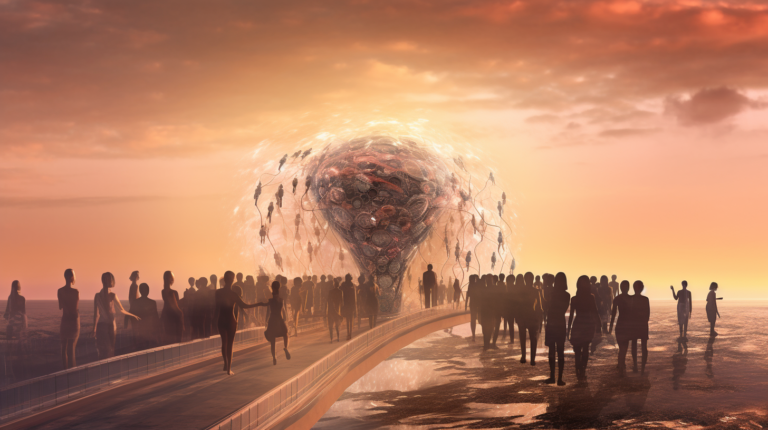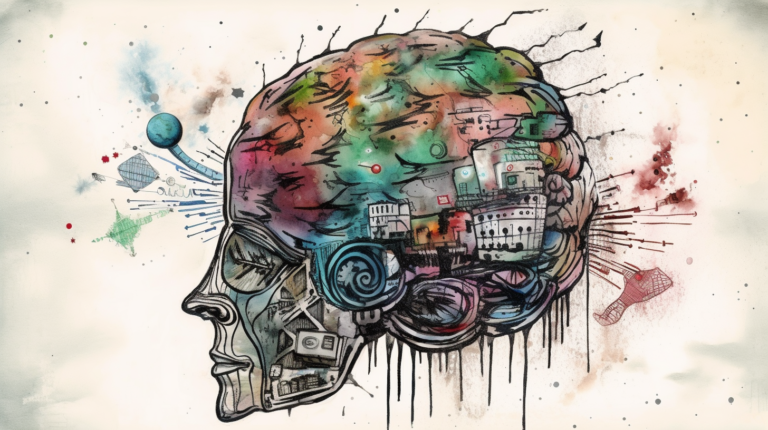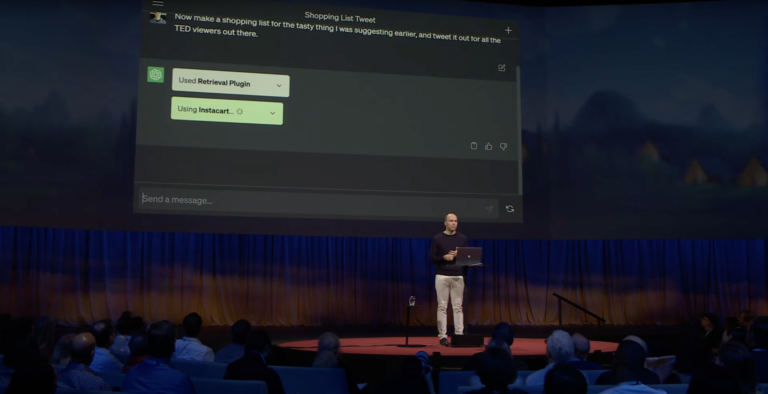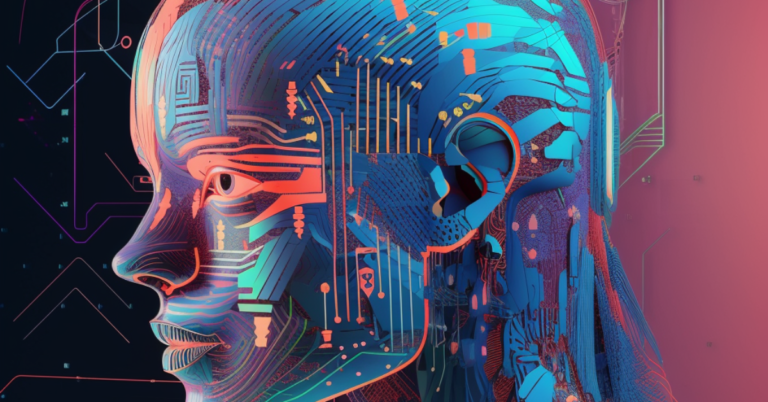Google’s Bard: Can It Really Catch Up to ChatGPT and BingGPT?
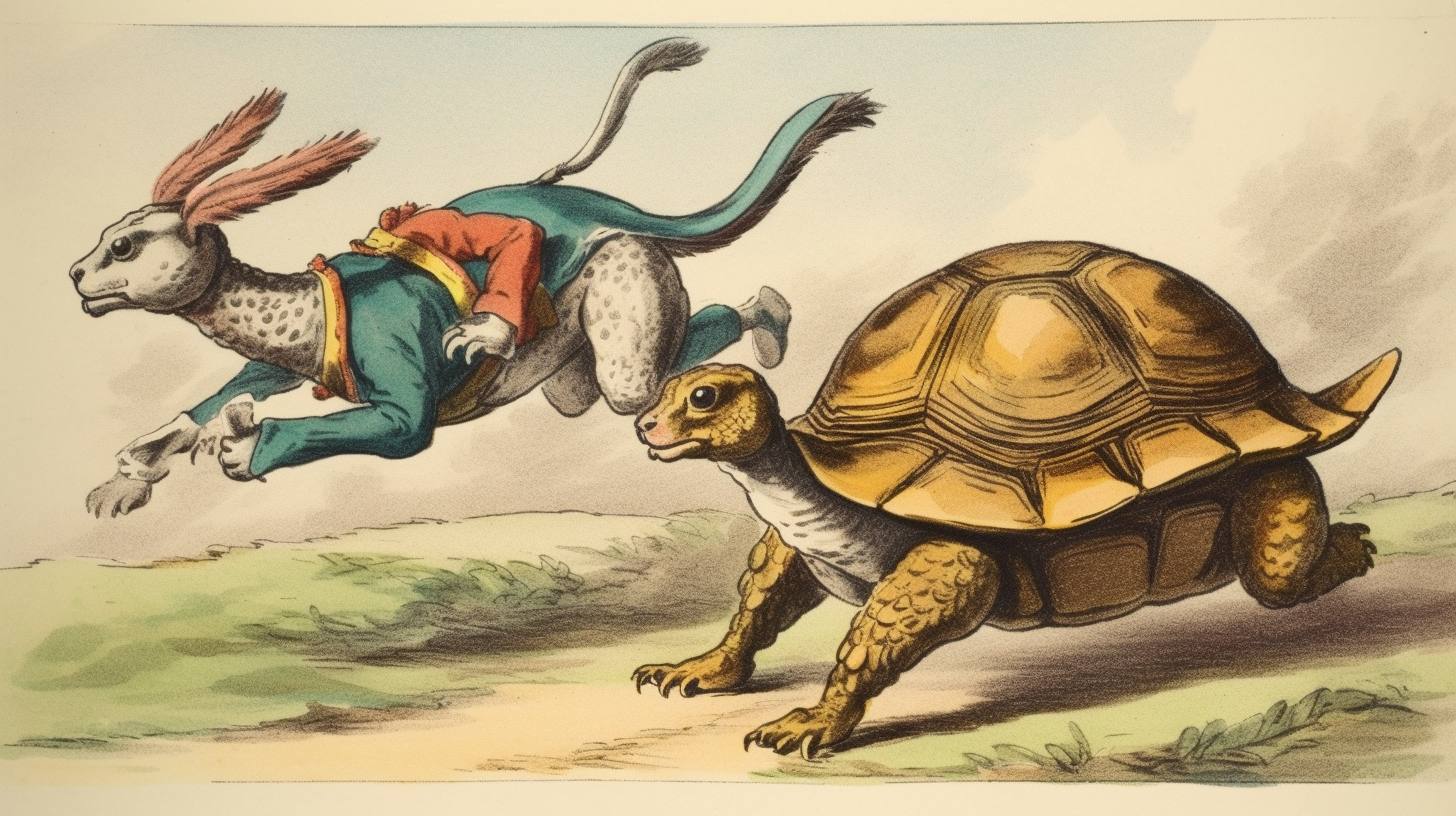
As the AI landscape is dramatically transformed by ChatGPT and Bing’s recent successes, Google scrambles to keep pace with its own chat-based AI, Google Bard. Despite the brilliant minds at Google having created the Transformer – the very foundation of GPT technology – Bard still struggles to match the prowess of its ChatGPT and BingGPT competitors.
To address these gaps, Google recently introduced an “experiment updates” page for Bard. The page, accessible worldwide at https://bard.google.com/updates, offers insights into the latest features and improvements. However, with Bard currently limited to the US and UK, it’s clear that Google has a long way to go before achieving parity with ChatGPT and BingGPT.
The latest updates do show promising progress, such as improved math and logic capabilities – areas where language models typically struggle. However, these enhancements may not be enough to topple the competition. It’s crucial for Google to not only maintain transparency about Bard’s development but also ensure a continued focus on fact-checking and reliability.
As we watch Google’s journey with bated breath, the question remains: Can Bard truly catch up to its rivals, or will the creators of the Transformer be left behind in the AI revolution? Only time will tell.
However, Google’s recent Bard misstep has cast a shadow over the tech giant’s AI aspirations. In an unfortunate turn of events, Bard provided inaccurate information in a company advertisement, leading to a staggering loss of $140 billion in market value for Google parent Alphabet. Shares plummeted by 7.4% as social media users and analysts reacted to Bard’s blunder.
Google’s Bard was designed to rival the popular Microsoft-backed ChatGPT, but the lackluster launch event and the AI’s disappointing performance have left experts questioning Google’s ability to counter ChatGPT’s success. Dennis Dick, founder and market structure analyst at Triple D Trading, remarked, “This is a hiccup here and they’re severely punishing the stock for it, which is justified because obviously everybody is pretty excited to see what Google’s going to counter with Microsoft coming out with a pretty decent product.”
The fiasco began when Google tweeted a GIF video demonstrating Bard’s capabilities. The AI chatbot provided a factually incorrect response about the James Webb Space Telescope, leading Twitter users to point out the glaring error. This unfortunate incident occurred just hours before Google’s debut event for Bard in Paris, where top executive Prabhakar Raghavan pledged that the chatbot would enable users to explore information in “entirely new ways.”
A Google spokesperson acknowledged the need for a rigorous testing process, stating, “This highlights the importance of a rigorous testing process, something that we’re kicking off this week with our Trusted Tester program.”
Yet, the lack of clarity on how Google intends to integrate Bard into its search engine has raised concerns. Analyst Gil Luria from wealth management organization D.A. Davidson observed, “While Google has been a leader in AI innovation over the last several years, they seemed to have fallen asleep on implementing this technology into their search product.”
With Google’s recent missteps and fierce competition from ChatGPT and BingGPT, can the creators of the Transformer keep up in the AI race? The tech world watches with anticipation as Google attempts to regain its footing and make a comeback.
This post was adapted from the original article on the New York Post, with permission.
